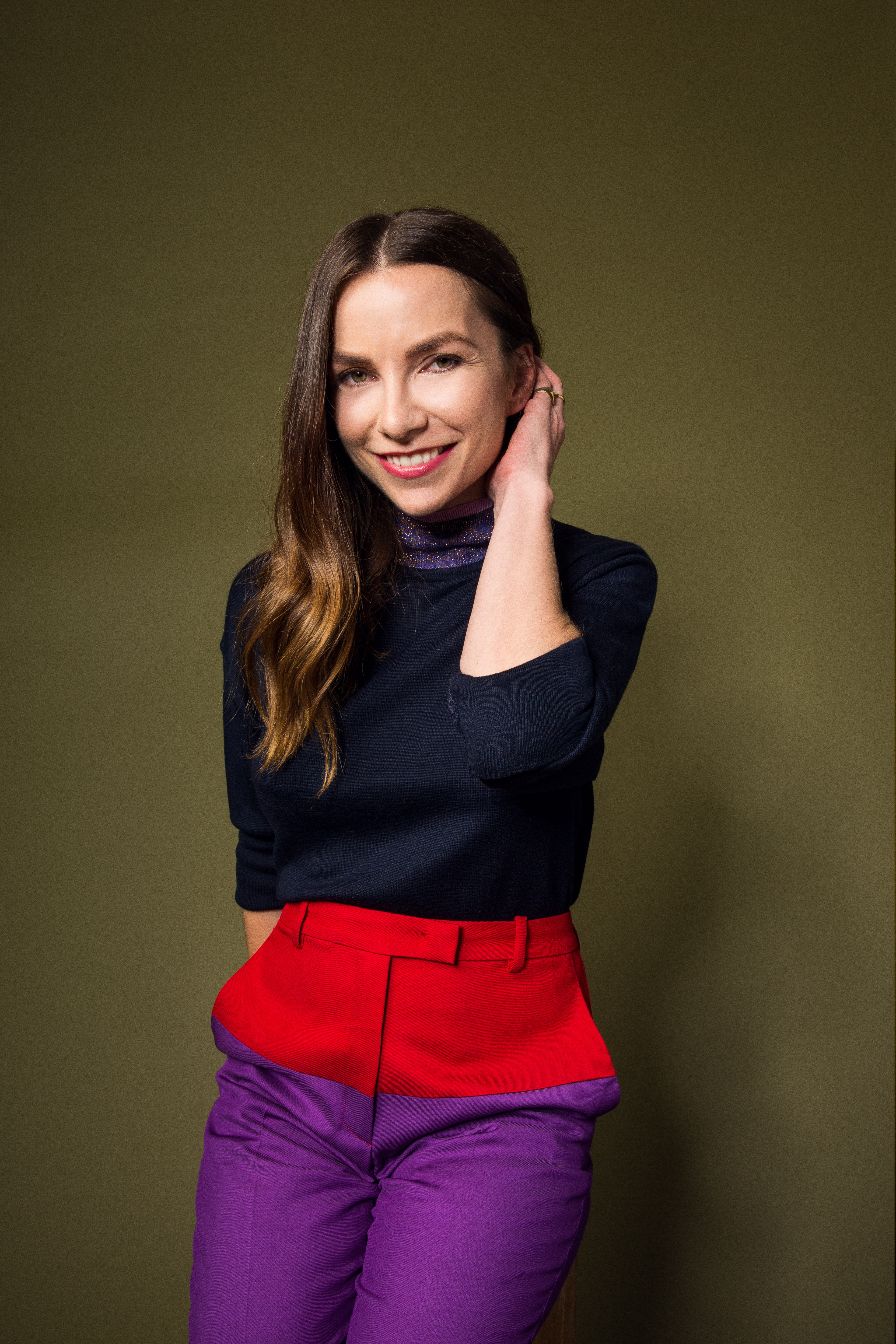We do a lot of things that make us unhappy, all in the name of being more productive.
Look, I made a handy list:
STUFF WE DO IN AN ATTEMPT TO BOOST PRODUCTIVITY:
- we forego sleep (we all know Arianna’s having none of that!)
- we eat unhealthy foods that don’t even taste good to save ‘prep time’ in packing or cooking healthy ones
- we answer work emails before personal emails
- we scold ourselves for watching TV, getting lost online, or exploring Instagram
- we make scroll sized to-do lists that happen to be humanly impossible to complete
- we put off dating
- we don’t take that much time to get ready in the morning
- we check our phones during dinner even when we’re sitting with our favorite person/people in the world
- we read emails in bed at the opportunity cost of doing something more relaxing or pleasurable
- we flake out on our friends
We do all of the above because we subscribe to a self-imposed, jaggedly rigid set of invisible rules about how productive people should prioritize their time and expend their energy.
Even though we break our rules constantly and then feel terribly about it–we continue to abide by them.
Repeating the pattern of denying ourselves the activities and relationship interactions that increase our quality of life (in order to achieve ostensible success and happiness later) has been repeatedly proven to be an exponentially less effective strategy for goal attainment, professional upward mobility, and across-the-board satisfaction with life.
Not only is our skewed approach to success generally ineffective at increasing our happiness, it’s also incredibly expensive.
When we do achieve goals under that approach, we often do so at the steep cost of our personal relationships, personal development, physical well-being and emotional health.
What’s more, thanks to the extremely-inconvenient-for-happiness law of diminishing returns, after a certain point we’re not even remotely pleased with ourselves when we achieve our goals.
At some point in our lives, we all pretty much take the less effective, old-school approach to success. Why?
Because we’re taught that good work ethic looks like consistently plying through exhaustion and accepting a general sense of feeling underwhelmed with the present moment.
It’s hard to abandon this normalized formula for success and attach ourselves to the idea that if we took the time to restore and engage in activities that make us feel more like ourselves (like sleeping, for example) we would more naturally discover creative solutions, inspire greater connection and subsequent effort from our team, and more easily complete the work that we’re already naturally good at doing.
Working smarter and not necessarily harder does not turn you into a hedonist, indelibly damage your professional reputation, or cause you to go broke.
It’s actually quite the opposite.
Performance improves across the board when you train your brain to seek out positivity first.
This is the reason why, when you examine highly successful people who are able to maintain their success over an extended period of time, you see consistently high self-care habits and moments of uninterrupted restoration — both occurring daily.
Need more proof?
Productivity expert Shawn Achor spent over ten years at Harvard conducting international management studies which examined thousands of Fortune 500 executives to find out what contributed to sustainable success in the workplace. His book,The Happiness Advantage, details seven principles of positive psychology that he says give us a competitive edge and, more importantly, allow us to extract genuine fulfillment from our work/life balance.
Yet another message that’s telling you to slow down and take care of yourself, because you deserve to feel healthy and balanced. Will you listen to this one or would you prefer to wait and have the universe make a louder bang to get your attention?
Katherine Schafler is an NYC-based psychotherapist, writer and speaker. For more of her work, join her newsletter community, read her blog, or follow her on Instagram.

